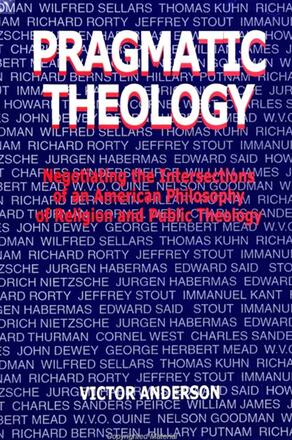
Pragmatic Theology
Negotiating the Intersections of an American Philosophy of Religion and Public Theology
Alternative formats available from:
Argues that while contemporary American philosophies and philosophers of religion are proclaiming the end of theology, a neopragmatism has arrived to fill the void in meaning and moral fulfillment to which theology once supplied answers.
Description
Pragmatic Theology argues for a vision of religious life that is derived from the tradition of American pragmatism (James, Dewey, Royce); empirical theology (Chicago School, D. C. Macintosh, H. Richard Niebuhr); and American philosophy of religion (Stone, Frankenberry, Corrington). The author argues that there is a divine reality in human experience that when encountered gives meaning and value to a person's need for cultural fulfillment and to his or her religious need for self-transcendence. The book commends the openness of nature, the world, and human experience to creative transformation and growth. It supports the increase of human capacities to create morally livable and fulfilling communities, the enhancement of the free play of interpretation, and a social order where democratic utopian expectations are envisioned and actualized.
Victor Anderson is Assistant Professor of Christian Ethics, Vanderbilt University, the Divinity School. He is the author of Beyond Ontological Blackness: An Essay in African American Religious and Cultural Criticism.
Reviews
"A solid, scholarly, constructive advancement of the conversation among competing voices concerning the moral and spiritual issues facing us in America today is of paramount importance. This is such a book.
"Anderson's pragmatic solution to the problem of a public theology is important. This is a discussion which includes secular philosophy—an important point because the discussion is usually cast in terms of a public theology which addresses only religious pluralism, not the non-religious views or stance of atheists and agnostics and the non-religious generally. " — Jerome A. Stone, William Rainey Harper College